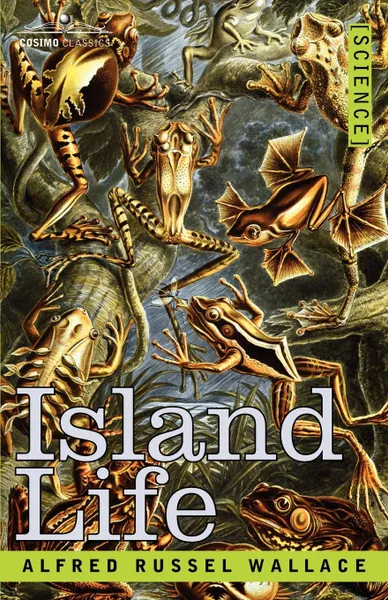Island Life 14+
Автор: Alfred Russell Wallace
2007
540 страниц
Категория: Научная литература
ISBN: 9781602065031
Язык: Английский
📕 "For many years Alfred Russel Wallace traveled the globe, observing fauna and flora and wondering whether the environment in which they lived affected their development. Island Life, a classic of scientific literature, is the result of those studies. In it, he examines a variety of biospheres to determine whether species are immutable (as was long thought), regardless of changing conditions in their surroundings, or are in fact capable of adapting in order to survive.Island Life is divided into two parts: ¿The Dispersal of Organisms: Its Phenomena, Laws, and Causes¿ and ¿Insular Faunas and Floras.¿ In Part 1, Wallace discusses the distribution across the planet of plants and animals, then examines how changes of climate have affected their dispersal. Part 2 contains case studies of the organisms on islands as varied as the Galapagos, Great Britain, and Madagascar.English naturalist ALFRED RUSSEL WALLACE (1823¿1913) developed a theory of natural selection independent of his contemporary Charles Darwin. His works include Contributions to the Theory of Natural Selection (1870), The Geographical Distribution of Animals (1876), and Darwinism (1889)."
Мнения
